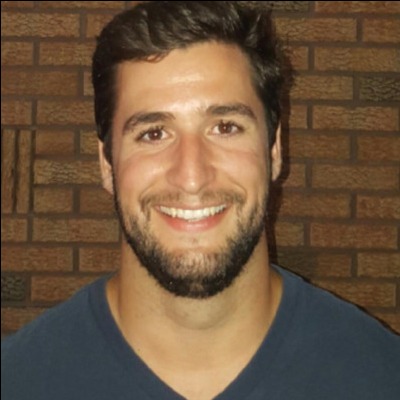Imagine you are experiencing episodes of memory loss and forgetfulness... Slowly but surely, you begin to succumb to the impending negative consequences of dementia. Memory loss becomes more serious with every day you live. Nothing seems to give and your memory loss is now causing disturbances in your daily life and relationships with loved ones. What can be done about this?
Luckily, you kept that USB key around with encrypted data storing your memories of people, faces, and things. Wouldn't it be great if things were this simple?
In a world where we are on the brink of understanding the deep secrets of the human mind, how close are we to extrapolating the electrical signals of the brain into packets of data that can be stored and restored using computational neuroscience? Perhaps, by using electroencephalography (EEG) to record electrical patterns given off by the brain, we can piece together a library of images and words that correspond to these distinct patterns (see EEG reveals image in short-term memory - Futurity). For example, we could establish a system where an individual is asked to think of a red apple and at the same time, record the electrical pattern given off by the brain. After repeating this process with multiple participants, would it be possible to take an average of electrical activity for each participant and stored this distinct pattern as the brain's "language correlate" of a red apple?
Think of the applications this could have in those who may experience memory loss... If we can record deep representations from within the brain that correspond to memories of loved ones, favorite vacations, or pets we have encountered in our life, we may be able to restore these memories if we could somehow reverse engineer EEG electrodes to emit signals rather than capture them. What are some thoughts about this?
Alternative uses outside of combatting age-related illness can range from simple moments of reflection when we feel nostalgic or recounting memories (i.e., eyewitness testimony) of a crime scene.
What if we had a "mind USB drive" of some sort that is wired to our CNS--similar to how a hearing aid is wired to the cochlea of the inner ear--so that we can store memories as we form them, and recall them when necessary. This may be a bit of a reach, but the technology may be closer than we think. Studies are already demonstrating ways we can control distinct memories, known as engrams (How to see a memory (nature.com)), to block fearful or traumatic events. Think of how useful this technology could be for individuals that suffer from PTSD. What are your thoughts on this?

Please leave the feedback on this idea
Please leave the feedback on this idea
Please leave the feedback on this idea